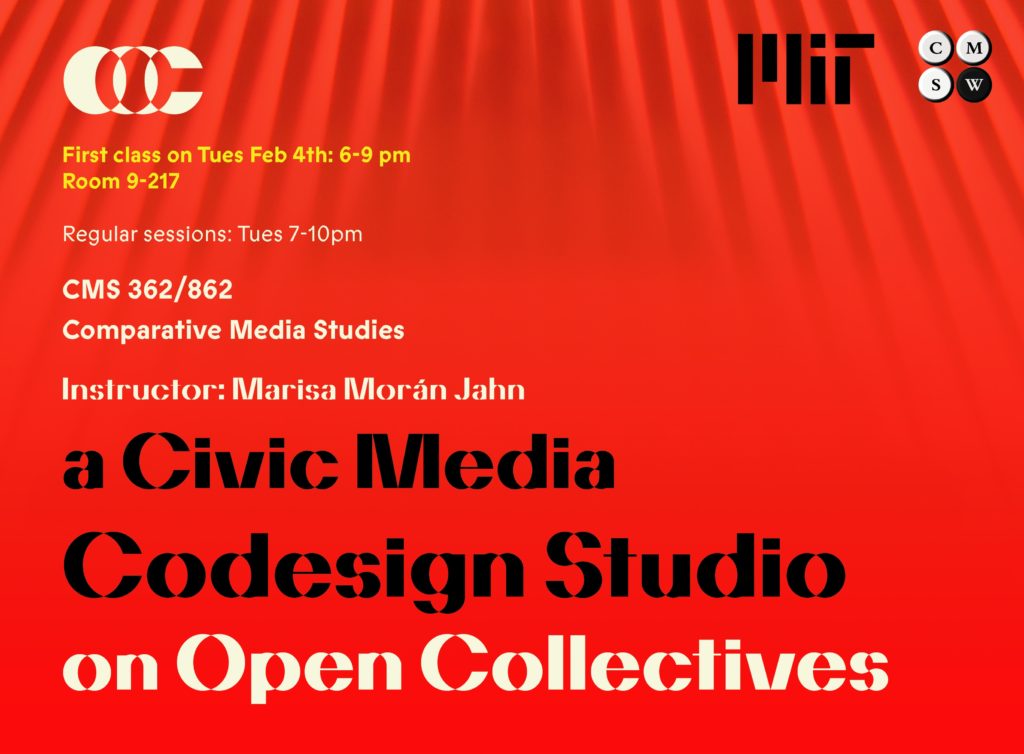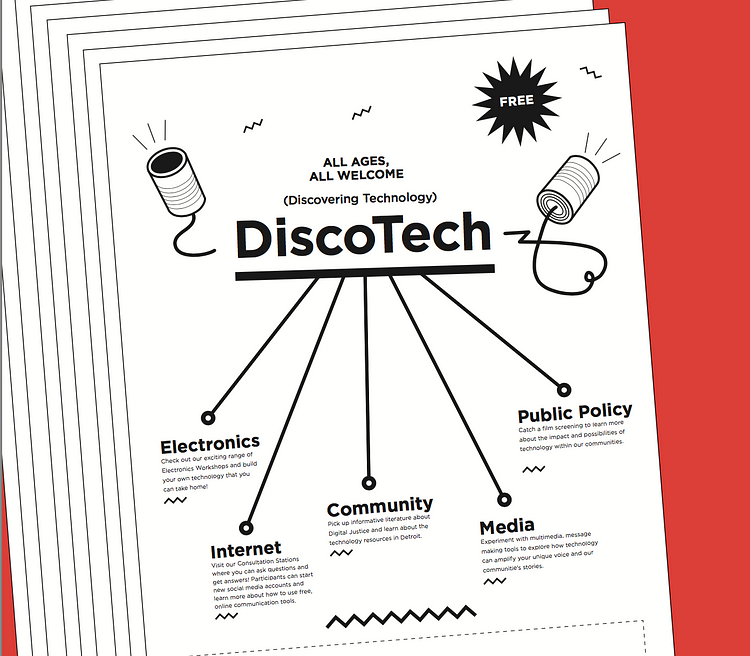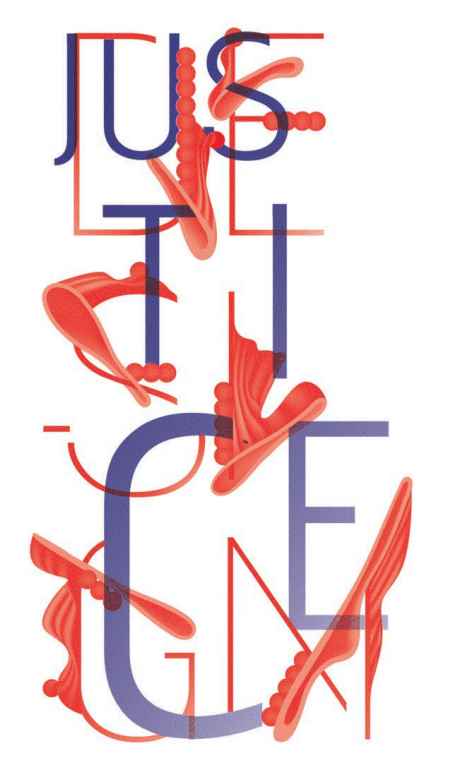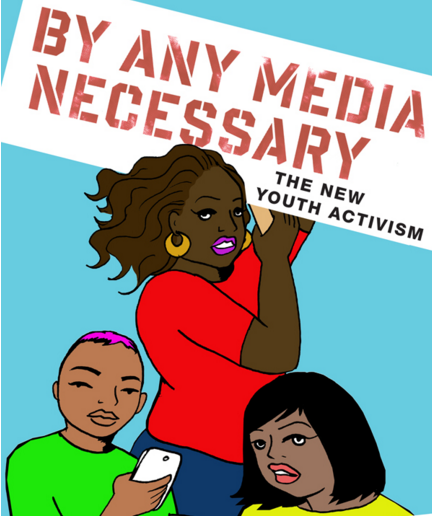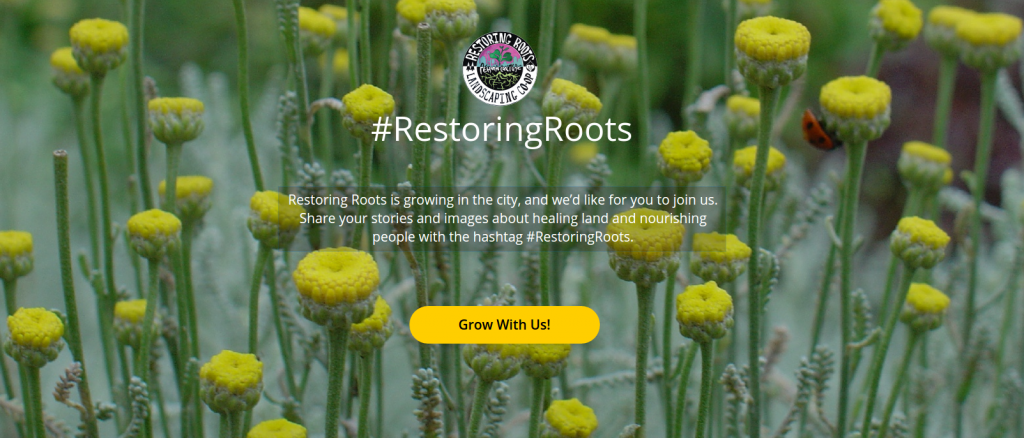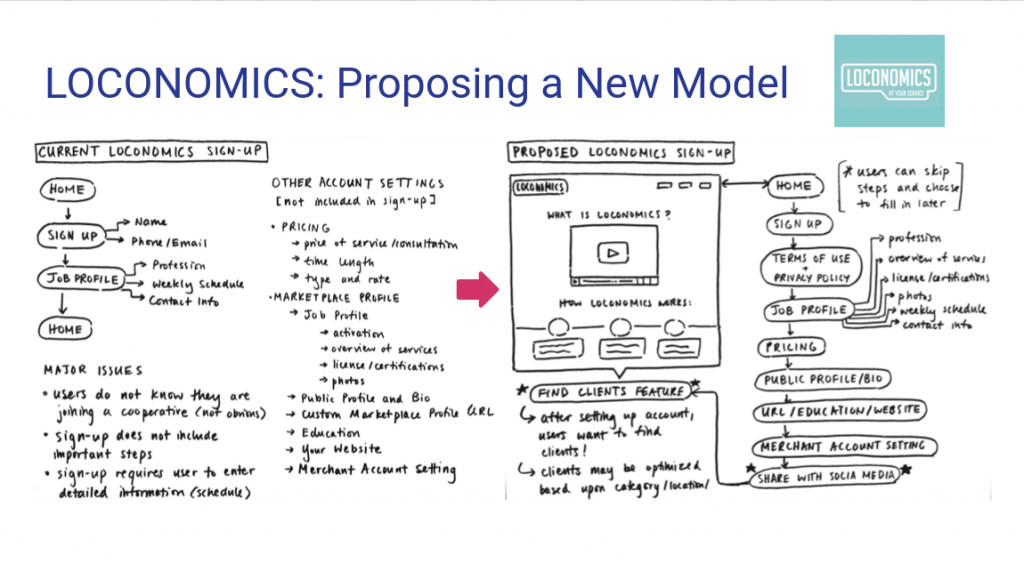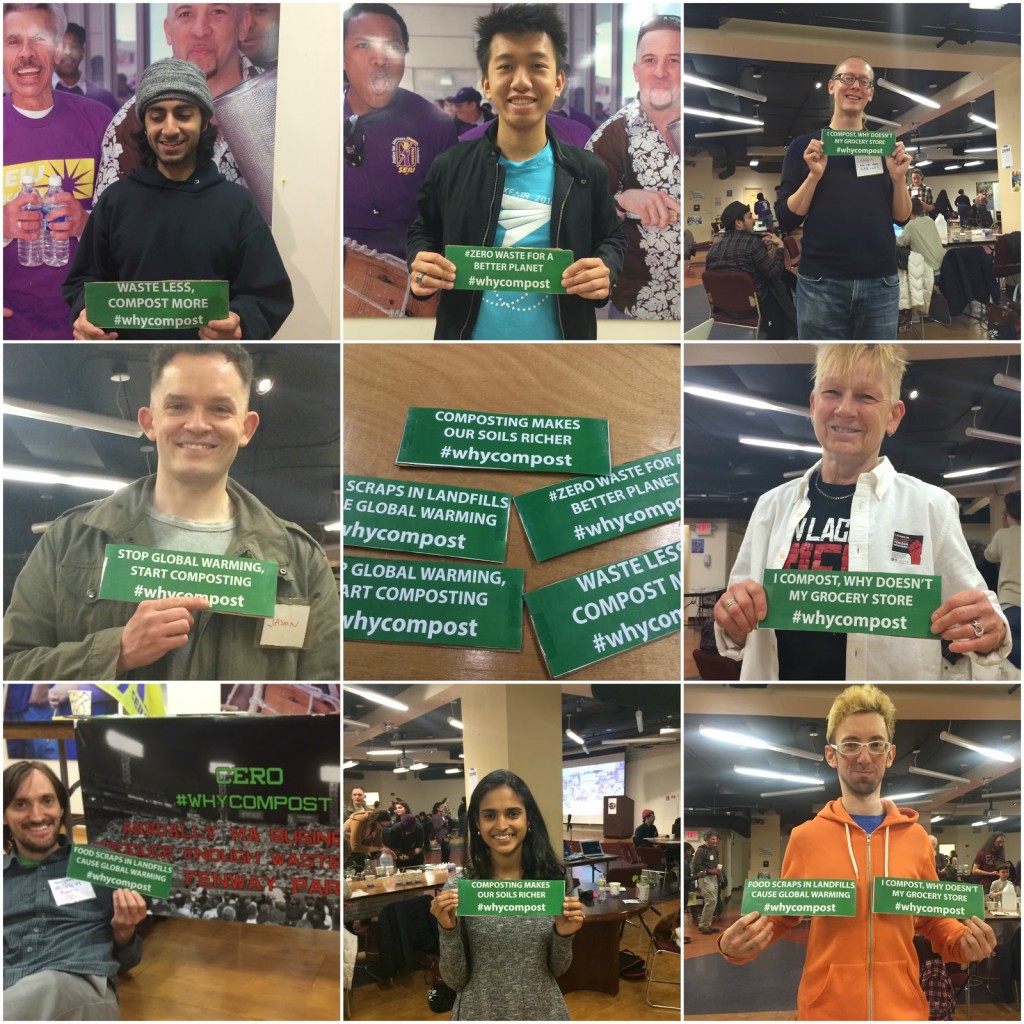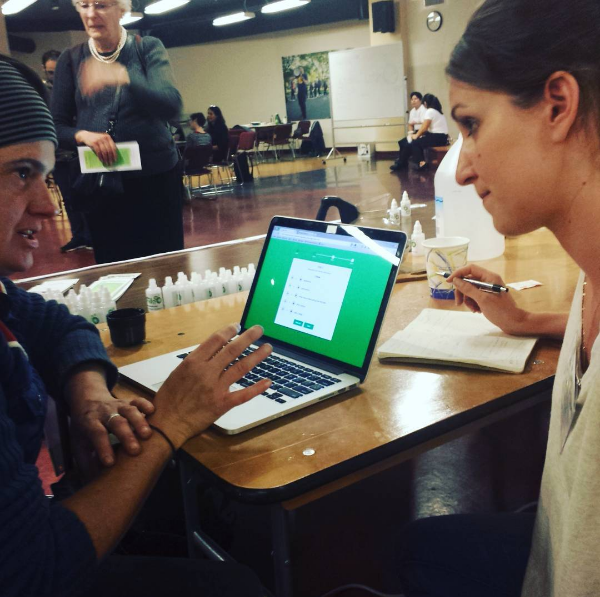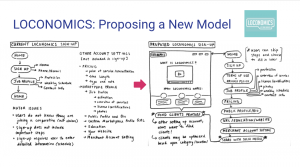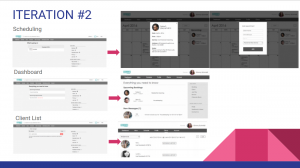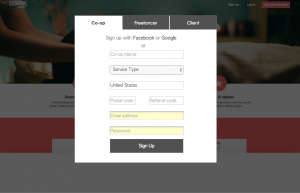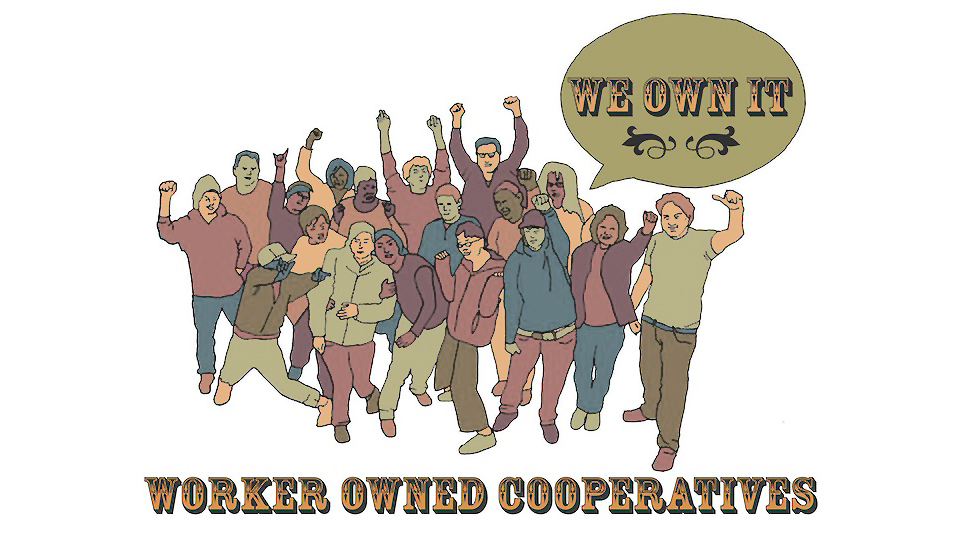
Image source: occupy.com
The Civic Media: Collaborative Design Studio (Co-Design Studio: http://codesign.mit.edu), based at MIT and working in collaboration with partners in multiple locations, generates civic media projects that are grounded in real-world community needs. We partner with community-based organizations, and use co-design and lean startup methods for project ideation, design, prototyping, testing, launch, and stewardship. In 2016, our partners will be worker-owned cooperatives.
TL;DR: We are running a project-based course in co-design with worker coops from February to May 2016 at MIT, and we’re planning to organize a 1-3 day event (DiscoTech/hackathon/design jam with cooperatives) to take place in multiple locations in the Spring of 2016. In the future, we’d like to explore an open, distributed, parallel courses model (like FemTechNet.org). Check out the draft syllabus, here. More info follows; let us know if you’d like to collaborate! @schock / schock@mit.edu, or sign up for updates here:
FAQ
What is the Co-Design Studio?
The Civic Media Co-Design Studio at MIT works to create civic media projects grounded in real-world community needs. We partner with community-based organizations and use co-design and lean startup methods for project ideation, design, prototyping, testing, launch, and stewardship.
Why Worker Cooperatives?
There’s growing interest in worker cooperatives as a powerful form of re-organizing the economy. If we’re going to ‘disrupt’ every sector with apps, why replace today’s crappy boss with another crappy boss tomorrow? Let’s disrupt the whole model and build a stronger, more democratic, more just, and more sustainable economy! “Worker cooperatives build community wealth and help make a democratic economy real,” since workers have a direct role in decision-making and a share of all profits. For more info, see platformcoop.net and www.usworker.coop.
Who are you?
The Co-Design Studio is organized by Sasha Costanza-Chock, Associate Professor of Civic Media at MIT and worker/owner at Research Action Design (RAD.cat). This year Evan Henshaw-Plath will work with us to share lean UX and lean startup methods. Additional resource partners may include RAD.cat, MIT CoLab, and more.
Who are partner organizations?
TBD. Likely candidates include cooperatives of home health aides, bicycle delivery, and gardening, among others.
What will you be doing?
-
A course with Design teams making and launching projects
-
A DiscoTech/hackathon/design jam
-
(Possibly) launch a lean co-op startup incubator!
When is it happening?
We’ll kick it off in February 2016, and see how long it lasts!
Where is it?
We’ll be running a course at the MIT Media Lab. We’re hoping that others will run similar courses in parallel. We’ll also be organizing and promoting a DiscoTech/hackathon/design jam that will take place at multiple locations around the world. For updates see codesign.mit.edu.
What will happen to the projects you make?
They’ll be owned by the cooperatives we partner with, and also released as Free Software and Creative Commons content.
How can I get involved?
That depends on who you are and how much time/energy/resources you want to commit!
-
Join the co-design studio course during the Spring semester at MIT
-
Run your own co-design studio with worker-owned cooperatives! (We’ll provide some resource materials based on our own process that you can use or remix as you see fit, and we’ll host video check-ins for teams that are working in different locations).
-
Volunteer with one of the codesign studio design teams
-
Attend (or organize!) a DiscoTech, Hackathon, or Design Jam focused on worker-owned cooperatives (dates TBD).
- Sponsor us!
